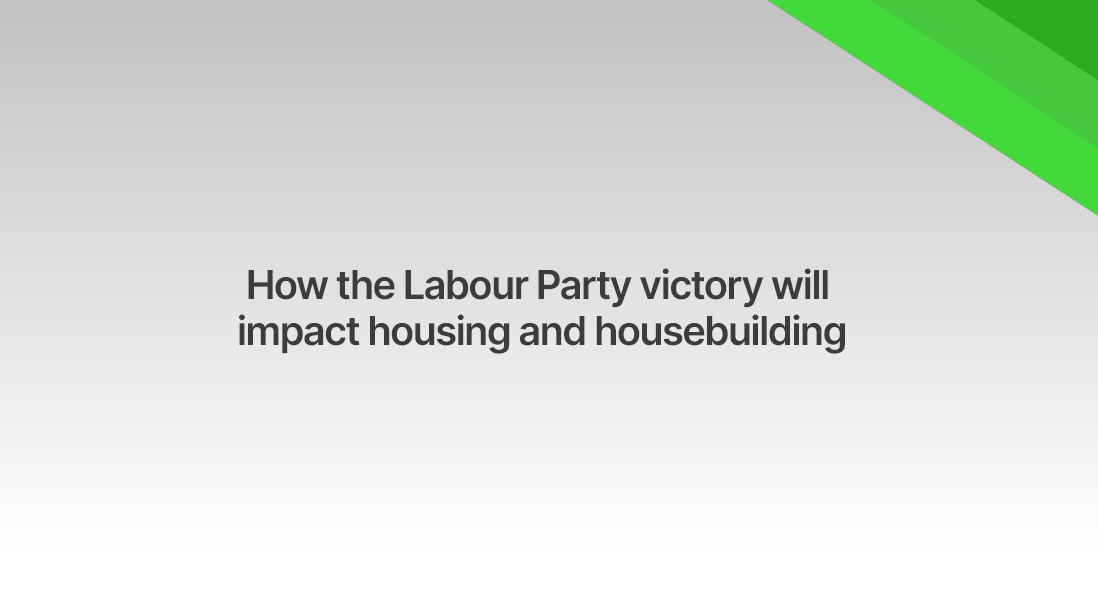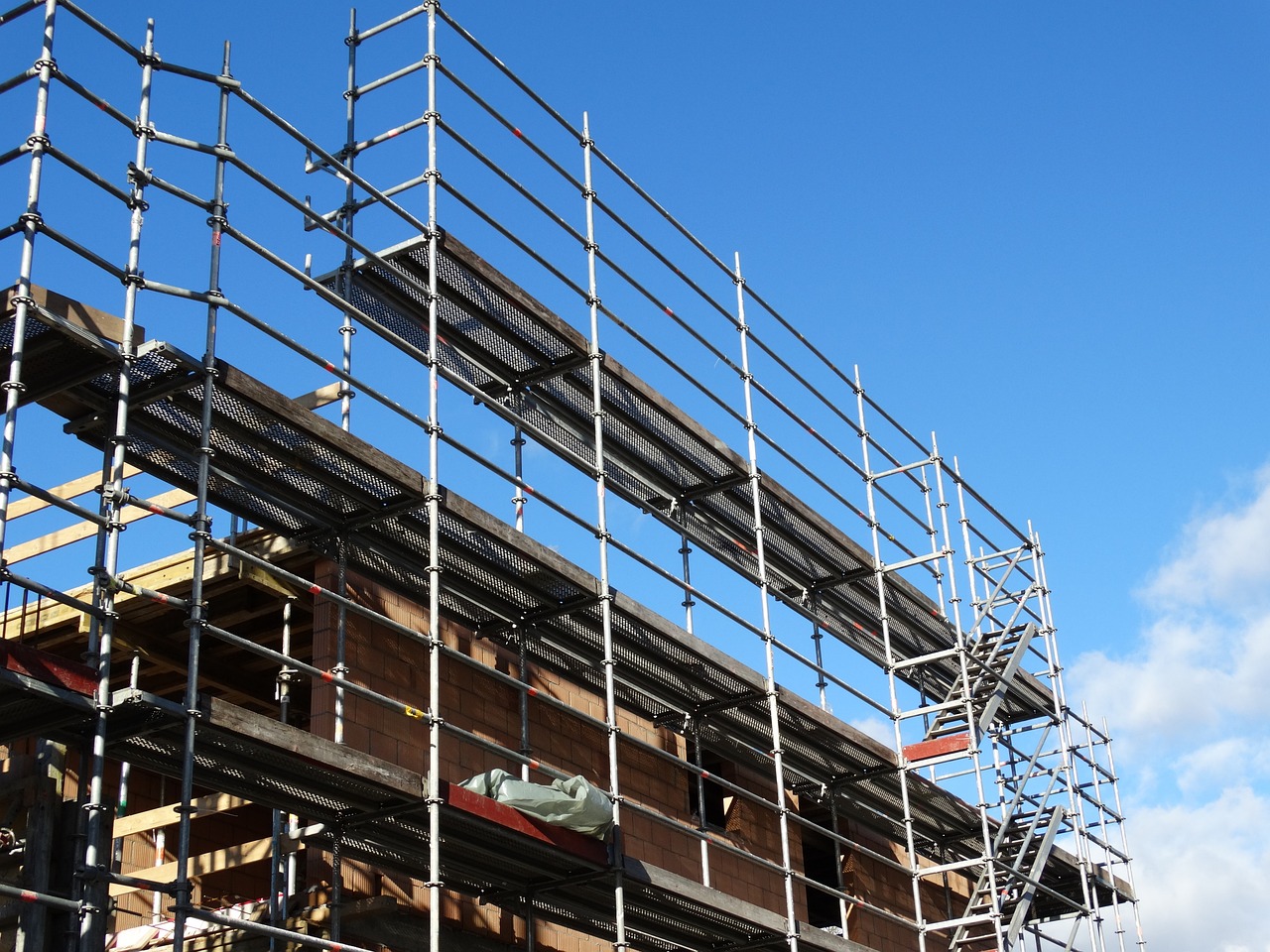In the run-up to the election, each party put forward numerous policies to ease the cost of living and to solve the housing crisis. In reaction to Labour’s victory – the stock market took a promising jump. Specifically the stocks of housebuilders like Taylor Wimpey.
The Labour Party’s victory in the General Election marks a significant shift in the political landscape, and its policies are poised to have a profound impact on the housebuilding market. The party’s policies regarding housebuilding centre on addressing the housing crisis, increasing affordability, and promoting sustainable development, suggesting several key changes for developers, homeowners, and prospective buyers. Here’s an in-depth look at how Labour’s policies might reshape the housebuilding sector.
They plan to enhance regulations on developers to ensure that new housing projects include affordable homes. Labour also advocates for a significant increase in social housing construction, aiming to build at least 100,000 council homes a year. This is part of a broader effort to address the housing shortage and make homeownership more accessible. Labour’s platform also includes measures to control rent prices and improve tenant rights, reflecting their focus on supporting renters as well as potential buyers.
Labour Party housing policies
- Deliver 1.5 million homes in the first five years of government: this is the repackaged 300,000 a year figure.
- Introduce a permanent comprehensive mortgage guarantee scheme.
- Council housing: Aims to build at least 100,000 council homes annually to address the housing shortage and provide affordable options.
- Focus on developing the ‘grey belt’: the Labour Party have committed to developing less attractive green belt sites. Within the green belt, any brownfield land must be prioritised for development. Brownfield first, grey belt second.
- Reviewing the right-to-buy discounts introduced in 2012.
- Rent control and tenant rights: Proposes measures to control rent prices and improve tenant rights, including longer-term leases and better rental conditions.
- Labour pledge to work with local authorities to prioritise first-time buyers.
- Developer regulations: Plans to increase regulation on developers to ensure a higher proportion of affordable homes in new projects. They plan to target 50% affordable housing delivery when land is released.
What the Labour Party’s victory means for housebuilding
Increased housing supply
One of the cornerstone promises of the Labour Party is to significantly boost the supply of affordable housing. The party has pledged to build hundreds of thousands of new homes, including a substantial number of social and council houses. This ambitious target aims to tackle the chronic shortage of affordable housing and reduce waiting lists.
To achieve this, Labour plans to streamline planning processes and invest in new construction technologies. By simplifying planning regulations and providing incentives for modern building techniques, the party hopes to expedite the development of new homes. This could lead to a surge in construction activity, providing a boost to the housebuilding industry and related sectors.
Emphasis on affordable and social housing
Labour’s focus on affordable and social housing is set to shift the market dynamics significantly. By prioritising the construction of homes that are accessible to lower-income families, the party aims to reduce inequality and provide stable housing options for those in need. This shift could see a rise in developments spearheaded by housing associations and local councils, altering the landscape from high-end private developments to more mixed-income projects.
Furthermore, the introduction of rent controls and measures to protect tenants’ rights could make renting a more secure option, potentially reducing the pressure on homeownership and changing the demand dynamics in the housing market.
Impact on house prices and market stability
Labour’s policies are expected to influence house prices and overall market stability. By increasing the supply of affordable homes and introducing measures to stabilise the rental market, the party aims to curb the rapid rise in house prices seen in recent years. This could make homeownership more attainable for first-time buyers and reduce speculative investments in the housing market.
However, the increased regulatory burden and focus on affordability might also affect profit margins for private developers. This could lead to a more cautious approach from investors and builders, potentially slowing down the pace of luxury developments in favour of projects that align with the government’s priorities.
The Labour Party’s victory brings with it a promise of substantial changes to the housebuilding market. With a focus on increasing housing supply, promoting affordable and social housing, and driving sustainability, the party aims to address some of the most pressing issues in the housing sector. While these changes present both opportunities and challenges for developers and investors, the overarching goal is to create a more equitable and sustainable housing market that benefits all segments of society. As these policies are implemented, stakeholders will need to adapt to a new regulatory environment and shifting market dynamics, paving the way for a potentially transformative period in the housebuilding industry.
If you’d like to make sure you’re ready to tackle the opportunities that the market brings – contact Housebuilder Pro to explore our management system.




